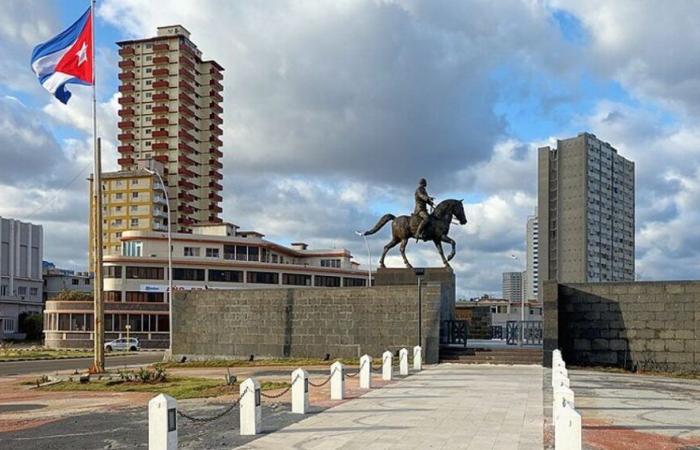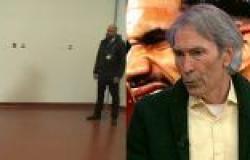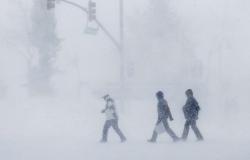Cuba announced on Tuesday January 14 that 553 prisoners would be released, after the United States removed the communist island from the blacklist of states supporting terrorism.
The surprise decision of outgoing President Joe Biden to remove Cuba from the American blacklist, made official in a memorandum published Tuesday by the White House, should encourage the release of a “significant number of political prisoners”, a senior US official said.
Indeed, in the wake of Joe Biden’s announcement, Havana announced the upcoming release of 553 prisoners. “As is customary in our judicial system, we have taken the unilateral and sovereign decision to release 553 people convicted of various offenses”Cuban President Miguel Díaz-Canel declared on X.
Shortly before, the Cuban Ministry of Foreign Affairs had indicated in a press release that in early January “President Díaz-Canel (had) sent a letter to the Sovereign Pontiff” in this sense and that the prisoners concerned would be released ” gradually “.
Cuban authorities have not specified whether among those soon to be released include Cubans convicted for participating in the anti-government protests of July 2021, the largest since the advent of the Castro revolution in 1959.
An agreement negotiated with the help of the Catholic Church
The senior American official, however, indicated in an online press conference that among those released were “human rights defenders”including imprisoned demonstrators. He declared that the release “would occur within a relatively short period of time” and clarified that the agreement was negotiated with the help of the Catholic Church.
The Catholic Church has advocated for the release of prisoners in the past. In 2010, Raúl Castro, then president, negotiated with the Catholic hierarchy the release of some 130 political prisoners. In 2023, an envoy from Pope Francis asked Havana for the release of imprisoned demonstrators.
-NGOs and the United States Embassy in Cuba count a total of a thousand “political prisoners” on the island. Havana denies the existence of political prisoners and accuses opponents of being “mercenaries” in the pay of Washington.
What future for this decision, with Donald Trump?
Joe Biden’s decision comes even before the swearing-in on Monday of Donald Trump, whose party supports a very hard line against the Cuban communist authorities.
A few days before ceding power to Joe Biden in January 2021, the former and now future Republican president made the exact opposite decision, that of placing Cuba on this list which also includes North Korea, Iran and Syria .
It is entirely possible that Donald Trump decides to put Cuba back on the blacklist after coming to power.
Joe Biden announced two other unilateral measures on Tuesday. On the one hand, it suspends the possibility of filing complaints in American courts for expropriations in Cuba, and on the other hand lifts certain financial restrictions.
Texas Sen. Ted Cruz, a Republican, immediately denounced the decision “unacceptable” to remove Cuba from the list of states supporting terrorism. He accused Joe Biden of seeking to « know » the work of the future government of Donald Trump and the Republican-majority Congress.






